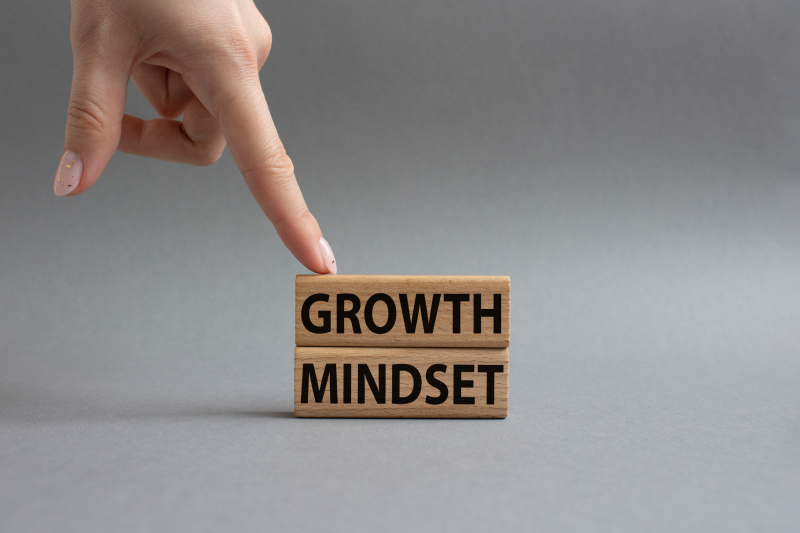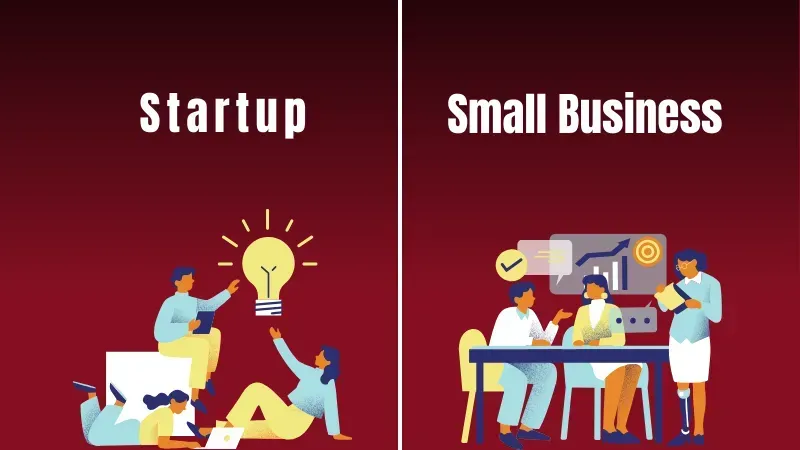Success
How to Develop a Positive Mindset
Understand The Power Of A Positive Mind-set
- A positive mind-set is essential in a world where negativity prevails. It is an essential attitude to unlock your true potential and lead a happy and fulfilling life.
- What does a positive attitude mean? It's a mind-set that focuses on possibilities, opportunities, and solutions rather than focusing on the negatives. It's about facing life with optimism, resilience and confidence in your ability to overcome obstacles.
- A positive attitude does not mean denying reality or ignoring the difficulties that they introduce themselves able to manage. Instead, it's about recognizing the challenges and at the same time choosing to respond to them in a constructive and empowering way.
- If you understand the power of a positive mind-set, you can start to transform your thoughts, feelings and actions to create a fuller and more joyful life.
- It's not even remotely difficult. It's within your reach. Even a slight shift towards positivity is rewarding.
The Benefits Of Developing A Positive Mind-set
- Developing a positive mind-set is not just a trivial concept; It has real, tangible benefits that can positively impact every aspect of your life.
- Research shows that people with a positive attitude have higher levels of happiness and experience a better physical experience, condition, and mental health, stronger relationships, and greater success in your endeavours.
- A positive attitude has a profound impact on your overall well-being. Reduce stress, strengthen your immune system and improve your ability to overcome challenges.
- If you have a positive attitude, you are more likely to focus on life. Of healthy habits. . B. Exercise, regular nutrition and a balanced diet, which also contribute to your well-being.
- Moreover, a positive attitude improves your relationships. When you approach interactions in a positive way, you radiate warmth and friendliness, which attracts other people to you.
- Positive people are generally considered more trustworthy, more supportive and more pleasant to be around. . This, in turn, strengthens your social contacts and promotes a sense of belonging.

Related searches
The Science behind a Positive Mind-set
- The benefits of a positive mind-set aren't just anecdotal; they are supported by science. Positive psychology studies have shown that cultivating a positive mind-set can change the structure and function of the brain.
- By focusing on positive thoughts and emotions, the brain releases chemicals like dopamine. , serotonin, and endorphins, which are often called “feel-good chemicals.” These chemicals not only improve your mood, but also help reduce stress and anxiety.
- Plus, practicing positivity rewires your brain, increasing the intensity of the associated neuronal pathways. With positive thinking. Over time, this rewiring makes positive thinking more automatic and natural, allowing you to maintain a positive attitude even in difficult situations.
Recognize And Overcome Negative Thought Patterns
- One of the first steps to develop a positive mind-set is to be aware of it by developing your negative thought patterns. These negative thoughts can be self-limiting beliefs, fears, or doubts that keep you from reaching your full potential.
- By identifying and challenging these negative thought patterns, they can. Start reshaping them. In a more positive and powerful way.
- Start by paying attention to your thoughts and the emotions they evoke. Notice when negative thoughts arise and ask yourself if they are based on facts or assumptions.
- Our negative thoughts are often not based in reality, but are the product of our thoughts negative. Own thoughts, fears and insecurities.
- Once you have identified a negative thought, challenge it by asking yourself if there is evidence of its existence. You will often find that there is little or no evidence to support your negative beliefs.
- Replace these negative thoughts with positive affirmations or statements that support and neutralize them.
Cultivate Gratitude And Practice Mindfulness
- Gratitude and mindfulness are powerful tools for cultivating a state positive mental. Gratitude means consciously focusing on the things in your life that you are grateful for.
- By practicing gratitude regularly, you shift your focus away from what you are grateful for. They are grateful. You don't have what you have. This creates a positive, rich mind-set.
- To cultivate gratitude, start a gratitude journal and write down three things you are grateful for each day. This simple exercise trains your brain to look for the positive aspects of your life, no matter how small they are.
- You can also express your gratitude to others by expressing your own gratitude towards others. Thank you letters or simply telling someone how much you appreciate them.
- On the other hand, mindfulness means being fully present in the present moment and paying attention. Pay attention to your thoughts. And feelings observe.
- By practicing mindfulness, you become more aware of your negative thought patterns and can choose to let them go instead of dwelling on them.
- Note that practicing mindfulness requires concentration and attention. Most people cannot concentrate and have a short attention span. Don't get frustrated if your mind keeps wandering and you feel like you can't practice mindfulness.
- Simply persevere, be aware and focused on your actions. No matter how many times your mind wanders.

Surround Yourself With Positive Influences
- The people you surround yourself with have a significant influence about your way of thinking. Negative influences can bring you down and reinforce negative thought patterns, while positive influences can inspire and uplift you.
- Therefore, it's important to surround yourself with people who can support you. Support, and foster your positive attitude.
- Seek out friends, family or colleagues who radiate positivity and have a growth mind-set. Have meaningful conversations with them, share your goals and desires, and learn from their experiences.
- By surrounding yourself with people, you create a support network that fuels your positive mind-set.
Set Goals And Focus On Growth
- Set goals and focus on growth Personal growth is key to developing a positive mind-set. You have something to achieve and hope for when you have clear goals. Goals provide direction and purpose and help you stay motivated and engaged.
- Set short- and long-term goals that align with your values and aspirations. Break them down into manageable steps and celebrate your progress along the way.
- Stay calm when you encounter obstacles, delays, or frustrations. They are part of the game, don't give up, but at the same time don't get too attached to your goals. A certain inner distance is essential for mental health.
Accept Mistakes And Learn From Failures
- Failure is inevitable, but how you perceive and react to it determines whether it becomes an obstacle or a stepping stone.
- Accept failure as a stepping stone calculation. Encouraging growth is essential to developing a positive mind-set.
- When you encounter setbacks or failures, view them as learning experiences rather than personal failures. Ask yourself what you can learn from the situation and how you can improve. Embrace the lessons learned and use them in the future.
- Remember: failure is not the opposite of success; it is a stepping stone on the road to success. By embracing failure with a positive attitude, you can emerge stronger, wiser, and ready to take on new challenges.

Develop Self-compassion And Resilience
- Developing a positive mind-set requires self-compassion and resilience. Self-compassion means treating yourself with kindness, understanding and acceptance, especially in difficult times.
- It's about acknowledging your mistakes and mistakes without being overly self-conscious. Judge yourself and offer the same empathy and support you would offer a friend.
- Take care of yourself and practice self-compassion by participating in activities that they nourish your spirit. , body and soul. Take time to rest and recharge, practice hobbies and activities you enjoy, and prioritize your mental and emotional well-being.
- Resilience On the other hand, the ability to recover from adversity and adapt to change. It's about finding the strength within yourself to overcome challenges and setbacks.









